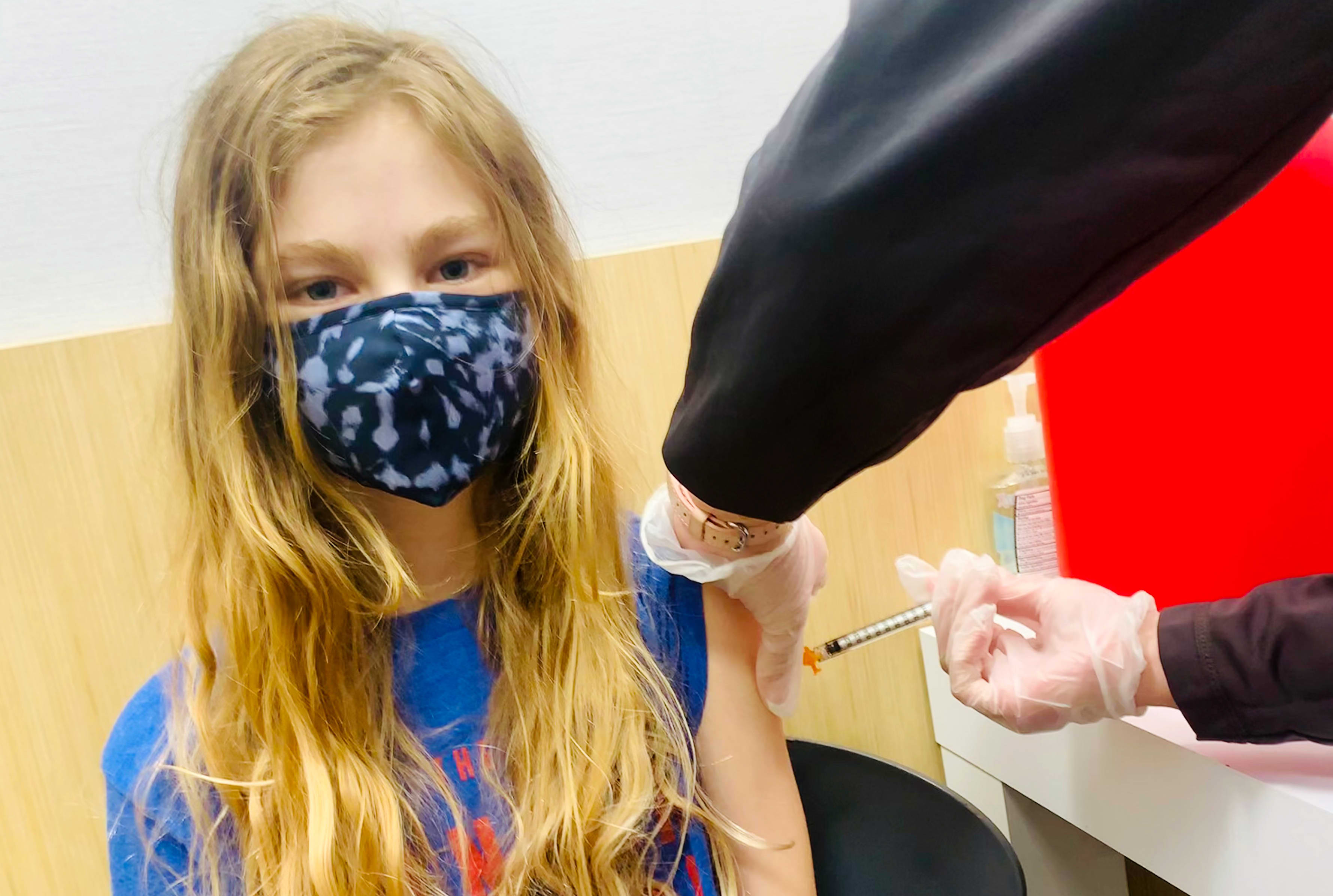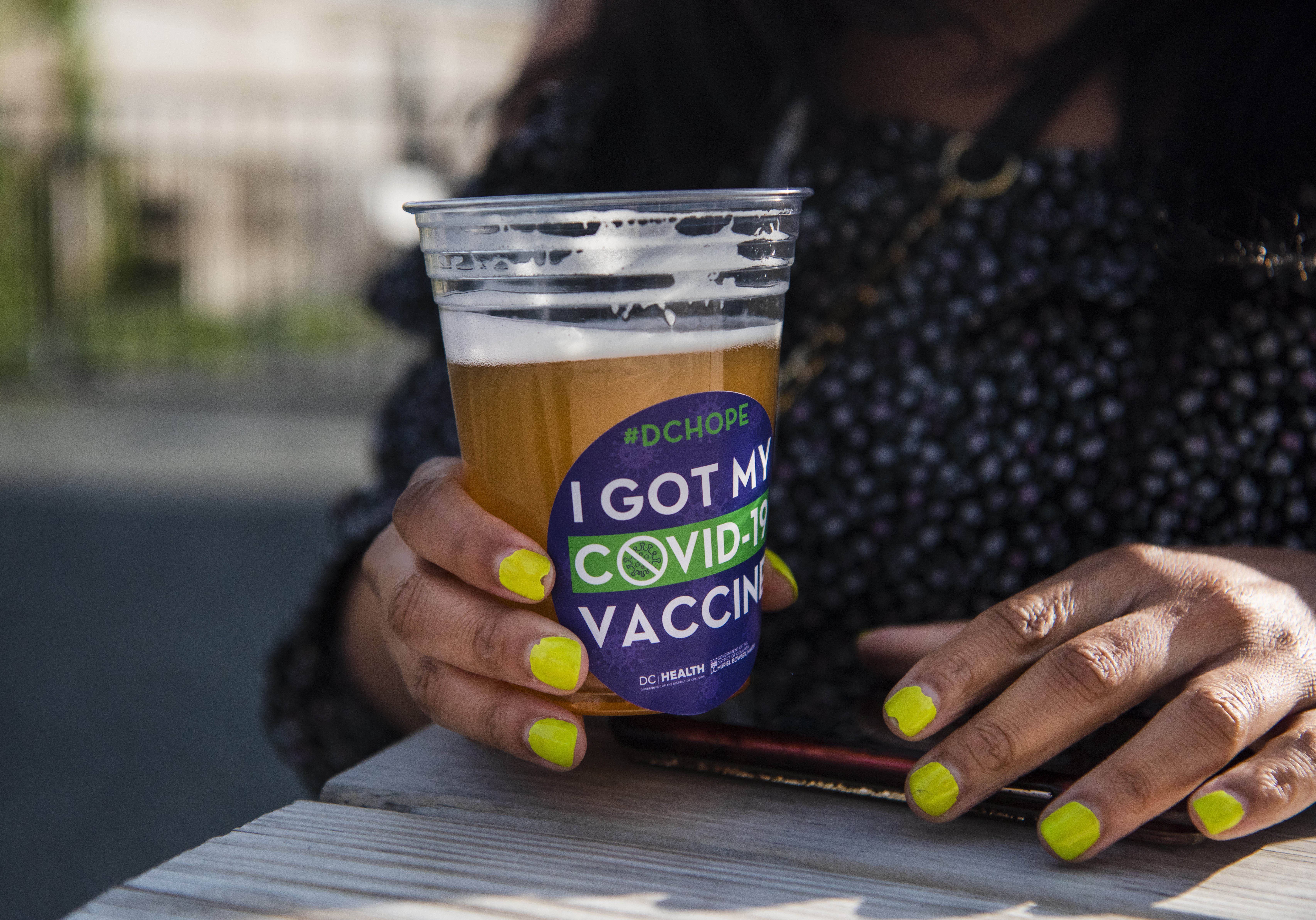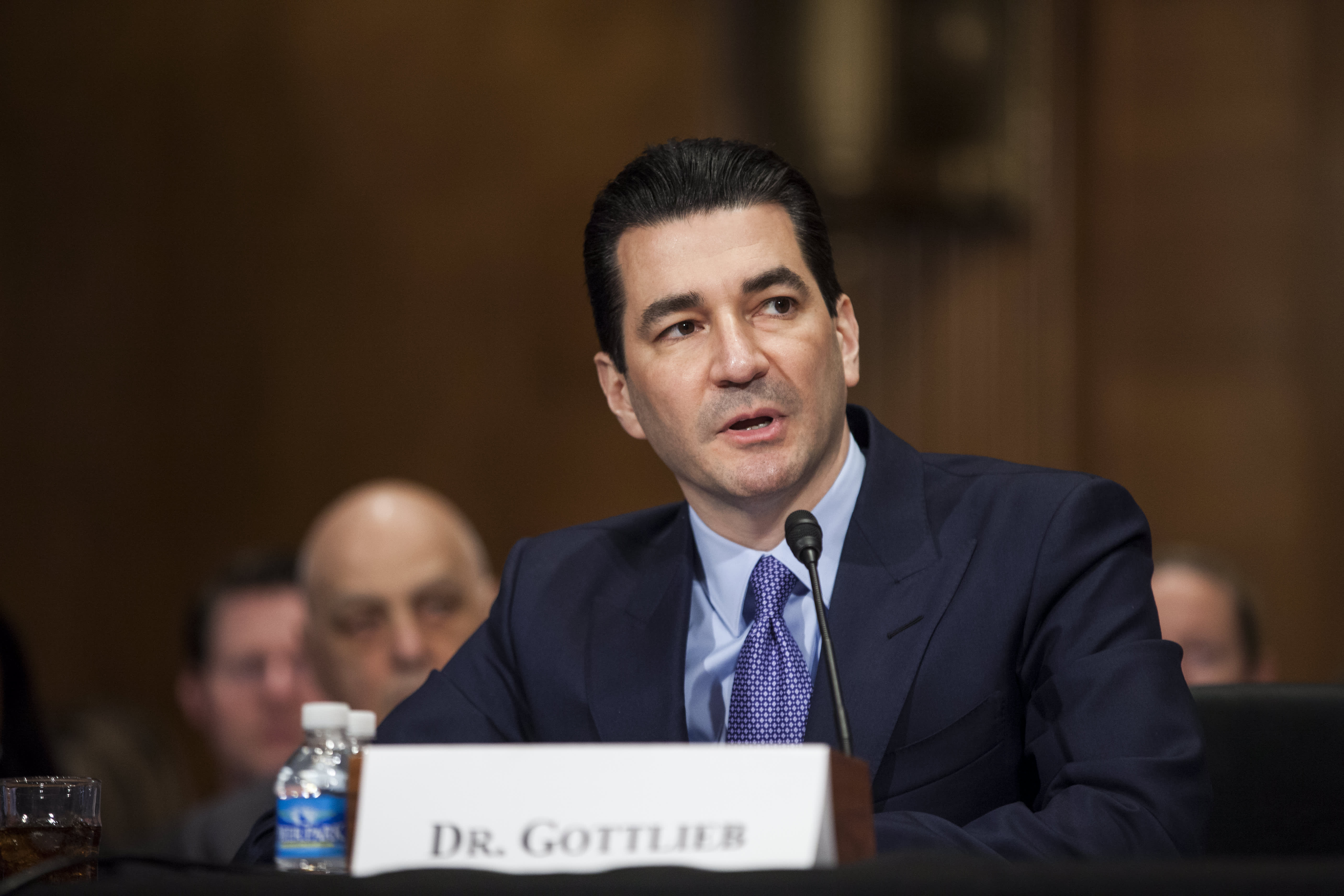Health officials in the United States are working to get more Americans vaccinated to keep the Delta variant, first identified in India, from spreading across the country.
The variant has now become the dominant strain in the U.K., responsible for an estimated 60% of new cases. It's more prevalent than the Alpha strain, formerly called the B.1.1.7 strain, which was first identified in the U.K., and transmission is peaking in people between the ages of 12 and 20, White House chief medical advisor Dr. Anthony Fauci said at a press briefing Tuesday.
WATCH ANYTIME FOR FREE
>Stream NBC10 Boston news for free, 24/7, wherever you are. |
What do we know about the Delta variant so far?
First detected in October, the Delta variant has spread to at least 62 countries, the World Health Organization said last week.
Get updates on what's happening in Boston to your inbox. Sign up for our >News Headlines newsletter.
"We continue to observe significantly increased transmissibility and a growing number of countries reporting outbreaks associated with this variant," the WHO said of the Delta strain last week, noting that further study was a high priority.
The Delta strain has a stranglehold on India, causing a spike in infections and deaths that has clogged hospital systems. The Indian government announced Monday that the country will soon begin providing COVID-19 vaccines for free to all adults in the country.
Speculation is also growing that the U.K. could delay the lifting of all lockdown measures in England, set for June 21, due to increasing prevalence of the Delta variant.
"It is by far the most contagious variant of this virus that we have seen throughout the whole pandemic," Dr. Ashish Jha, dean of the Brown University School of Public Health, told TODAY on Wednesday. "It is what has caused huge spikes in India, and it's causing a serious increase in cases in the U.K. despite the fact they're very vaccinated. So it really is a problem."
Do the Pfizer, Moderna and Johnson & Johnson vaccines protect against it?
Studies show two doses of the Pfizer or AstraZeneca shots are effective against the Delta strain, according to the National Institutes of Health.
Two doses of the Pfizer vaccine were shown to be 88% effective against the Delta variant, while two doses of the AstraZeneca shot were shown to be 60% effective against the strain, according to NIH data.
Fauci stressed the importance of getting two doses after NIH studies showed that, three weeks after being given, just one dose of either vaccine provided only 33% efficacy against the Delta variant.
"The good news is our vaccines seem to be holding up pretty well," said Jha. "The data that's emerging suggests if you have been vaccinated you're going to be fine. The vaccines really do seem to hold up against the virus pretty well."
The most severe cases involving the Delta variant appear to be in unvaccinated people or those who are only partially vaccinated, Dr. Scott Gottlieb told CNBC on Wednesday. "It does seem to be a more dangerous variant. That said, two doses of the vaccine seem to be very protective."
"People who are fully vaccinated, I think, are pretty well protected against this new variant based on the accruing evidence," added Gottlieb, who led the FDA in the Trump administration from 2017 to 2019. He's now on the board of vaccine maker Pfizer.
How many cases are there in the U.S. right now?
In the U.S., the Delta variant accounts for more than 6% of cases scientists have been able to sequence, according to Fauci. The actual number is likely higher, as the U.S. is running the genetic sequence on a fraction of cases.
"In the U.K., the Delta variant is rapidly emerging as the dominant variant ... It is replacing the B.1.1.7," Fauci said. "We cannot let that happen in the United States."
Could a similar spread happen here?
Fauci said Tuesday that the Delta variant is more contagious and may be associated with a higher risk of hospitalization than the original "wild type" COVID-19 strain.
But Gottlieb said he believes enough Americans are fully vaccinated to delay the risk presented by the Delta COVID variant.
"The question is: Are there enough unvaccinated people that this could get into the population and start spreading more widely? I happen to think it's unlikely that this is going to be a threat until the fall, perhaps," the former Food and Drug Administration commissioner told CNBC.
Despite vaccination progress in the U.S., Gottlieb acknowledged there could be worrisome situations in the country involving the Delta variant. "If you have a community where there's a lot of unvaccinated people and you have a super-spreading event with Delta ... you could get an outbreak here."
"The stakes are that we still have a lot of Americans who have not gotten vaccinated. They are extremely vulnerable to this virus," explained Jha. "My big concern is the large pockets of America that remain unvaccinated, including a group of older Americans who still have not gotten their shot. They're particularly vulnerable to this virus."




